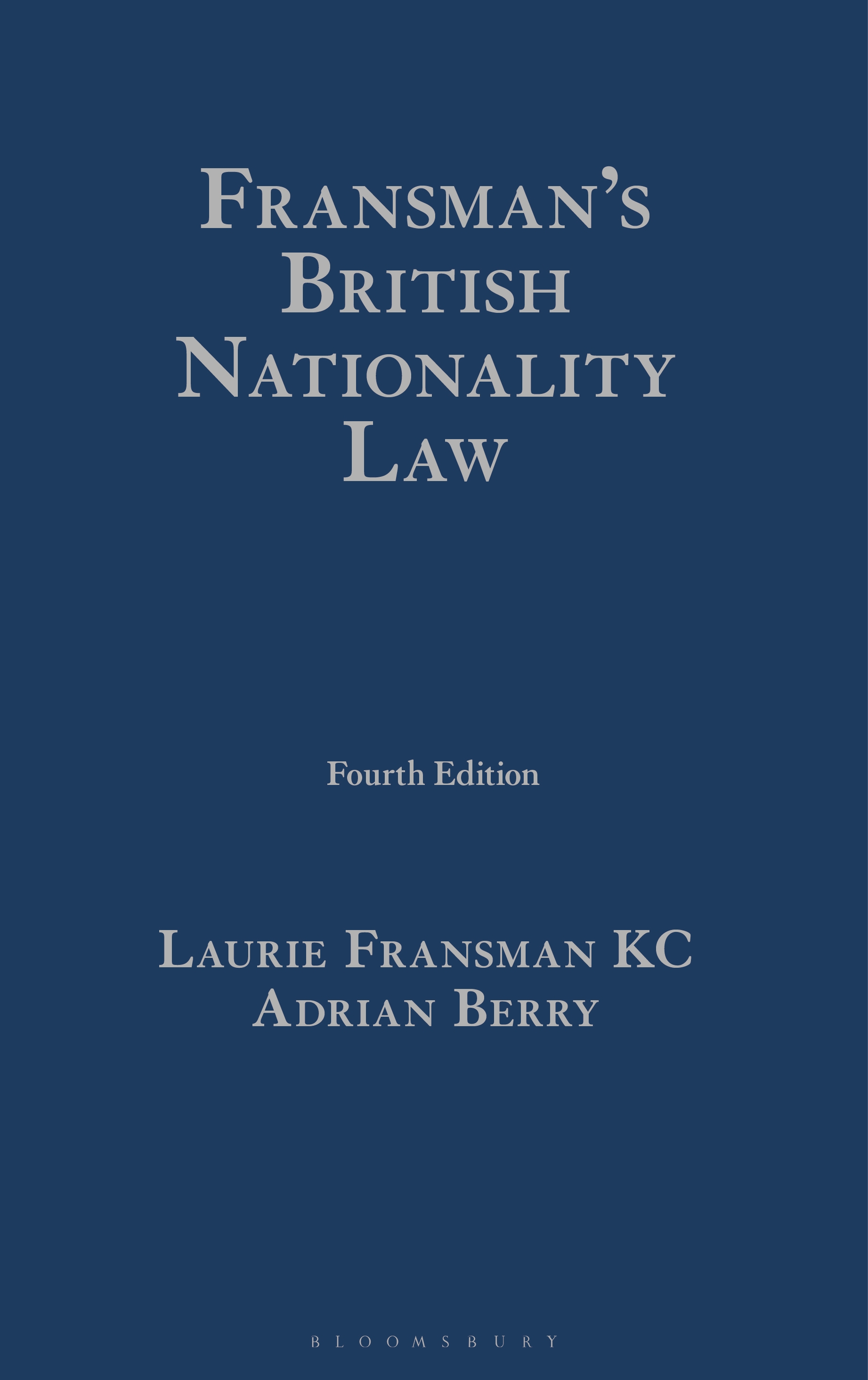Q & A with Laurie Fransman KC
Laurie Fransman KC is the co-author of Fransman's British Nationality Law.
This is included in our Immigration and Nationality Online Service.
What first drew you to practising in immigration and nationality law?
When I ‘got onto my feet’ as a baby barrister, I reviewed the subjects I enjoyed most at university – EU free movement, human rights, conflict of laws, constitutional law – and decided that ‘immigration’ (in those days, inclusive of nationality and asylum) involved these topics to varying degrees. I also had an interest in the rise and fall of the British empire, one aspect of which was the bond of nationality between individuals and the Crown and/or states attaining independence. I set up shop as the first member of the London Bar practising only immigration, nationality and asylum. This was circa 1983 – at the same time I founded the ILPA (the Immigration Law Practitioners’ Association).
What has been the biggest change to British nationality law since the previous edition of Fransman’s British Nationality Law?
I see the main changes to be reflective of real life developments. The biggest in terms of the volume of related legislation and caselaw concerns the deprivation of British nationality. The rise of terrorism typified by 9/11, 7/7 and British citizens joining Islamic State has prompted a growth in deprivations, enabling legislation and consequential case law.
The biggest constitutionally has been Brexit, regrettably (as I see it) resulting in the loss of EU citizenship as a supra-status automatically possessed by ‘UK nationals’.
On a positive note, however, there has been a continuing trend to rid British nationality law of the last vestiges of discrimination and to right historic wrongs. It is only since 1 January 1983 that women have automatically passed British nationality to their children born abroad. The process of cleaning up British nationality has been boosted by events such as the Windrush scandal and most recently has resulted in what is known as section 4L of the British Nationality Act 1981 which provides the first discretionary power to register adults as British citizens, to correct ‘historical legislative unfairness’, or ‘an act or omission of a public authority’, or because of ‘exceptional circumstances’. Section 4L is potentially the biggest change in terms of importing justice into British nationality law.
What developments do you foresee taking place in immigration and nationality law over the next few years?
Developments in immigration law are bound to be fast and furious compared to developments in nationality law. This has always been the case. The immigration developments are likely to result from political imperatives as perceived by the government of the day: eg legislation and bilateral agreements that appear to deal robustly with ‘boat people’.
Developments in nationality might continue to eradicate discrimination and import equalities, eg allowing unmarried partners (not just spouses and civil partners) of British citizens to naturalise faster under section 6(2).
What's the most important lesson you have learned whilst working in immigration, nationality and asylum law?
One important lesson is: never surrender a nationality status or right of residence in haste or unnecessarily. A status that people might be eager to drop in one decade might be a prized treasure in another. Eg I have come across countless people who could not wait to rid themselves of East European nationalities after WW2, only to cry about it when the EU came along and expanded to the east.

